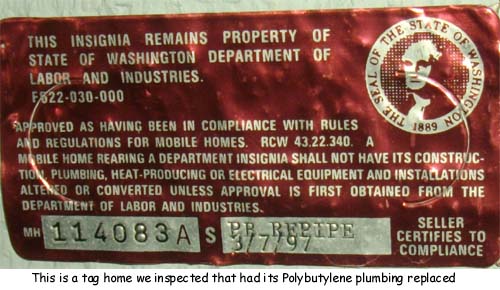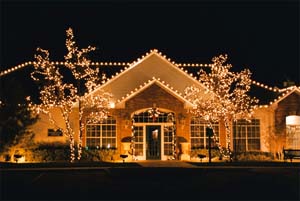 Holiday lighting is a wonderful tradition, and these tips will help to keep you and your family safe.
Holiday lighting is a wonderful tradition, and these tips will help to keep you and your family safe.Use care not to overload your circuits. Do not run too many strings together, the amount of lights on string that can safely be connected differs for each type of light. Read and follow the manufacturer's recommendations. Carefully inspect each string for frayed insulation, loose connections or
broken bulbs. Never plug in a string that has bulbs broken open, as the interior filament is a electrocution hazard. Only use lights outdoors that are approved for outdoor use.
Use timers to control your lighting to save more energy. This chart dramatically contrasts the old style bulbs with modern LED technology lighting using as little as 1.15% of the energy of the old style lighting.
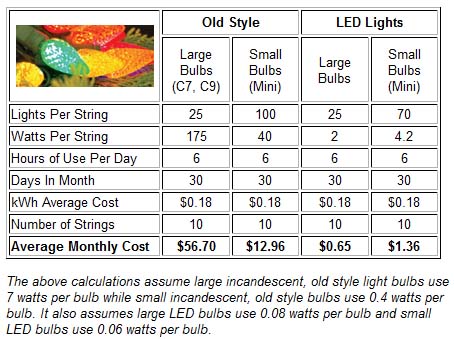
Another consideration is heat. Never install old style bulbs on a real tree. Think of string of 100, 10 watt lights, that is 1000 watts light and heat. You would never put a 1000 watt heater on a tree for obvious reasons, and these strings are nearly the equivalent of doing just that.
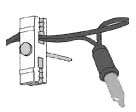
Be careful when hanging lights. Loose wiring is more easily damaged by movement from trees and wind. Never use standard staples, as they can cut into insulation and cause a short or shock hazard. Best to use insulated clips to hang lighting.
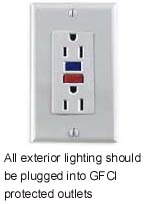
GFCI protected outlets are recommended for all outdoor electrical use. They dramatically reduce the risk of electrical shocks and electrocutions.
Use only UL approved exterior grade power cords outside with proper ground (3 prong connector). Never run cords through doorways, windows where they could get damaged or be a trip hazard.
Keep all plugs and connectors off the ground, away from puddles and snow.
If you blow fuses or trip breakers, reduce the load on that circuit. Never change the amperage if a blown fuse, if a 15 amp fuse blows, reduce the load on that circuit and replace with the exact same type 15 amp fuse. The wiring in the home is designed to only carry the current of the fuse. That blown fuse likely prevented the wiring from overheating and possible fire.
If you see flickering lights, sparks, warm switches, plugs, or outlets, or dimming lights, there is a potential dangerous problem that could cause an electrical fire.
As always use extreme care on ladders, make sure they have a good footing and are steady. Never touch your exterior power drop! Any contact with a poorly insulated drop will kill you, an aluminum ladder is an excellent electrical conductor.
Read more about holiday lighting safety here from Washington State University Extension Energy Program and the Northwest Energy Efficiency Alliance.

If you find this information useful, don't keep us a secret! List us on any of your favorite networking / bookmarking sites

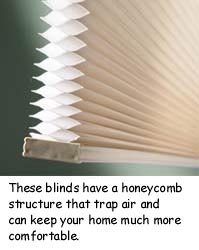 Window Coverings
Window Coverings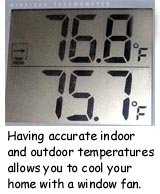 I have a digital indoor and outdoor thermometer that I use to determine when the outside temperature has dropped below the inside temperature. When the temperature outside has dropped in the evening, I have a large box fan that is tightly fitted in a back bedroom window that exhausts the hot interior air outside. This causes negative air pressure in the house, and when you open other windows in the home, you will get a nice cool breeze coming in.
I have a digital indoor and outdoor thermometer that I use to determine when the outside temperature has dropped below the inside temperature. When the temperature outside has dropped in the evening, I have a large box fan that is tightly fitted in a back bedroom window that exhausts the hot interior air outside. This causes negative air pressure in the house, and when you open other windows in the home, you will get a nice cool breeze coming in. 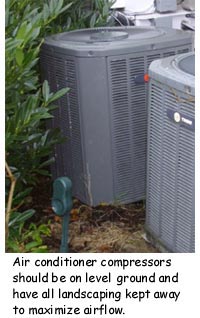 If you have a central air conditioner, there are a few items you should consider to keep it running at peak efficiency.
If you have a central air conditioner, there are a few items you should consider to keep it running at peak efficiency. 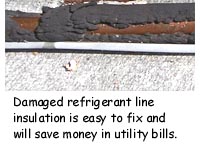 Read your manual on the best way to clean the unit. Some may be hosed off, ALWAYS TURN OFF THE POWER when cleaning them. Others require more complex cleaning. A dirty AC will waste a lot of energy. When in doubt have a professional clean it regularly, usually at least once a year.
Read your manual on the best way to clean the unit. Some may be hosed off, ALWAYS TURN OFF THE POWER when cleaning them. Others require more complex cleaning. A dirty AC will waste a lot of energy. When in doubt have a professional clean it regularly, usually at least once a year.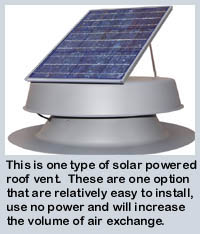
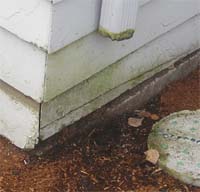
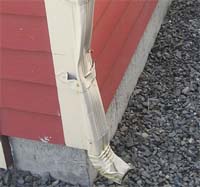
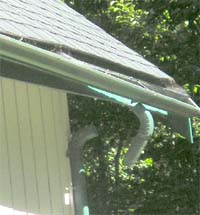
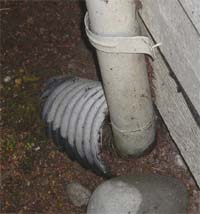
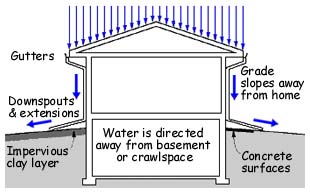 If there is a negative grade (soil sloped to the home) water may puddle next to the foundation. Where possible, always have soil graded away from the structure. Consider repairing any concrete walks or patios that may slope to the home
If there is a negative grade (soil sloped to the home) water may puddle next to the foundation. Where possible, always have soil graded away from the structure. Consider repairing any concrete walks or patios that may slope to the home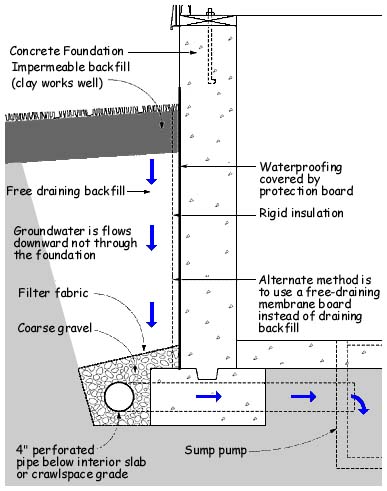
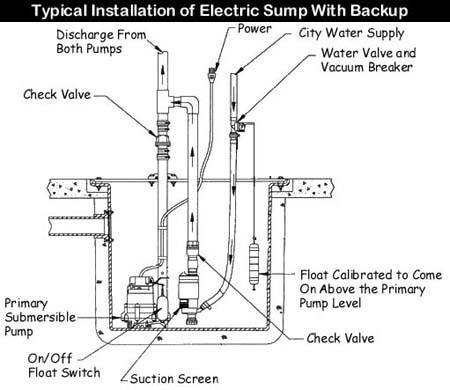

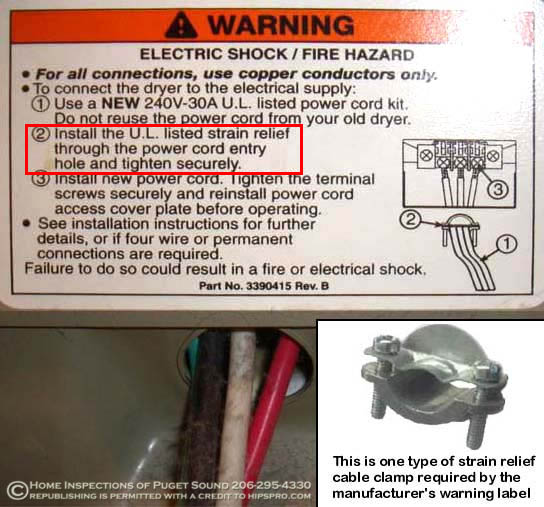
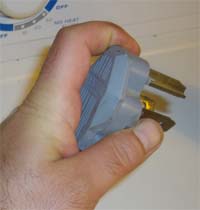
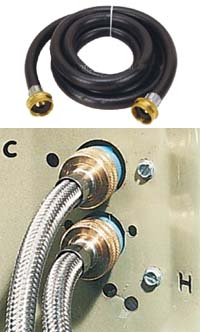
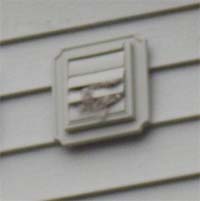
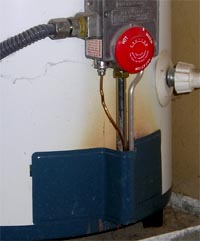 This hot water heater has exhaust rollout. Improper flue design or inadequate air supply can cause combustion gasses to vent into the home. If your heater has these stains please have it checked out.
This hot water heater has exhaust rollout. Improper flue design or inadequate air supply can cause combustion gasses to vent into the home. If your heater has these stains please have it checked out.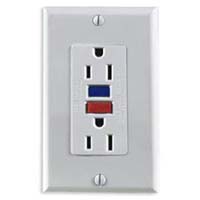 GFCIs
GFCIs 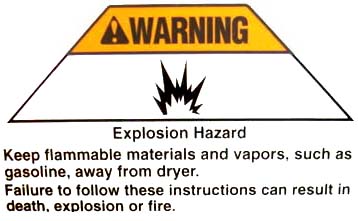

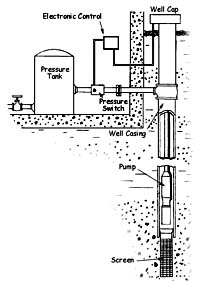
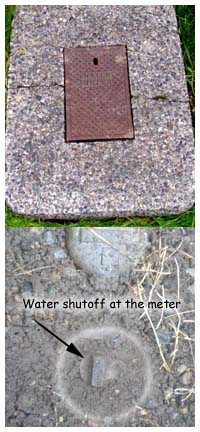 Everyone should know where and how to turn off all utilities to your home. We will often see these shutoff locations inaccessible. Never block a gas meter shutoff valve, water shutoff or breaker panel! In an emergency you must be able to shut these off or risk fire, explosion, electrocution, serious water damage or even death.
Everyone should know where and how to turn off all utilities to your home. We will often see these shutoff locations inaccessible. Never block a gas meter shutoff valve, water shutoff or breaker panel! In an emergency you must be able to shut these off or risk fire, explosion, electrocution, serious water damage or even death.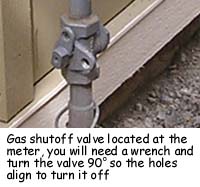
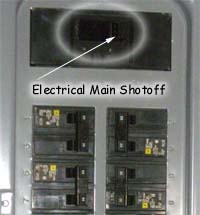 Electricity -
Electricity - 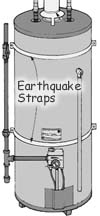 you can replace each fuse in the proper location and not mix up the amperages of the circuits. Most older homes also have 2 or more pull out fuse holders, so remove these also.
you can replace each fuse in the proper location and not mix up the amperages of the circuits. Most older homes also have 2 or more pull out fuse holders, so remove these also. 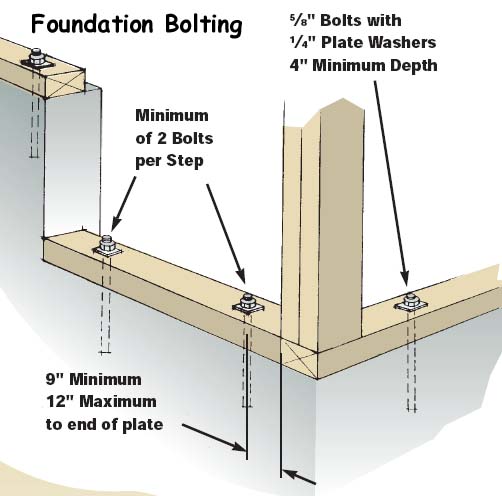
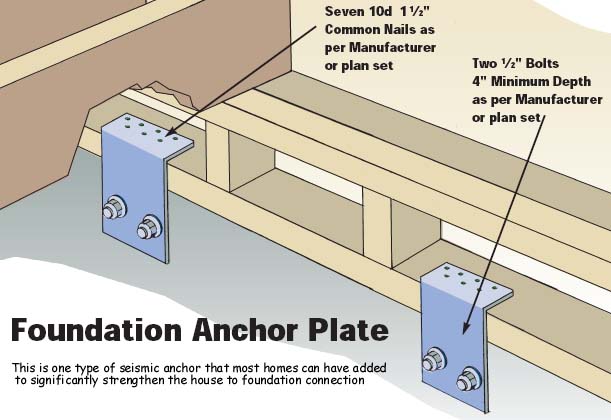
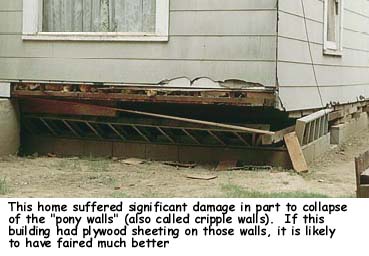
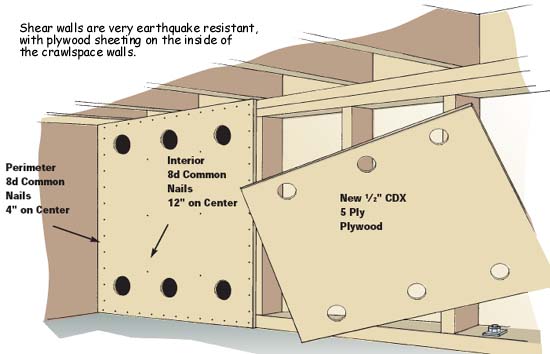
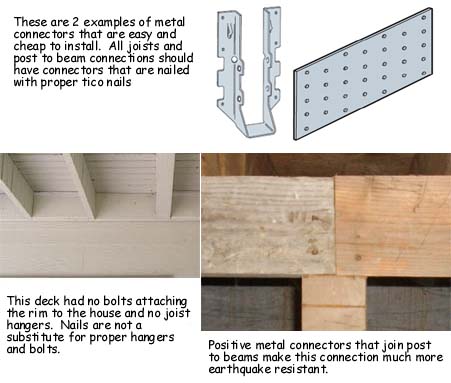
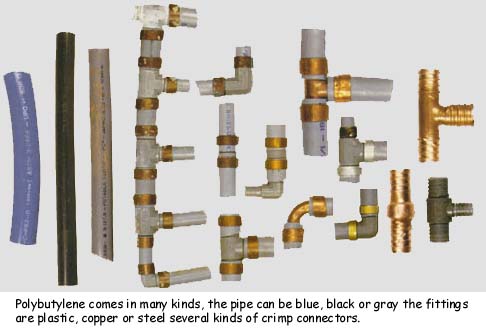
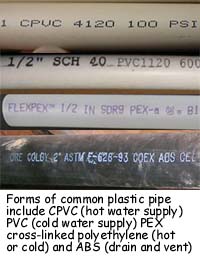 not admitting any legal liability. This settlement may applies to more then 6 million homes with the faulty plumbing. The time line for inclusion in the settlement is running out, and
not admitting any legal liability. This settlement may applies to more then 6 million homes with the faulty plumbing. The time line for inclusion in the settlement is running out, and 